Filter by
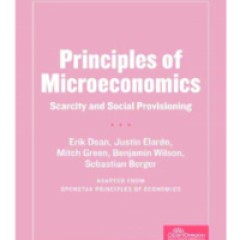
Principles of Microeconomics : Scarcity and Social Provisioning
Principles of Economics covers scope and sequence requirements for a two-semester introductory economics course. The authors take a balanced approach to micro- and macroeconomics, to both Keynesian and classical views, and to the theory and application of economics concepts. The text also includes many current examples, which are handled in a politically equitable way.
- Edition
- -
- ISBN/ISSN
- -
- Collation
- -
- Series Title
- -
- Call Number
- 338 DEA p
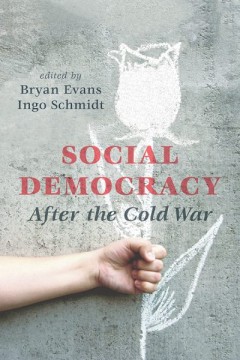
Social Democracy After the Cold War
Offering a comparative look at social democratic experience since the Cold War, the volume examines countries where social democracy has long been an influential political force—Sweden, Germany, Britain, and Australia—while also considering the history of Canada’s NDP and the emergence of New Left parties in Germany and the province of Québec. The case studies point to a social democracy…
- Edition
- -
- ISBN/ISSN
- 978-1-926836-87-4
- Collation
- -
- Series Title
- -
- Call Number
- 340 pages
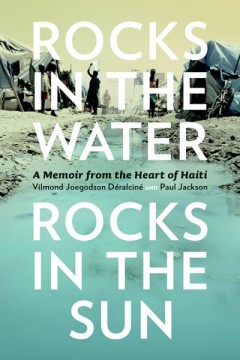
Rocks in the Water, Rocks in the Sun A Memoir from the Heart of Haiti
In honest, reflective prose, Joegodson—now a father himself— allows us to walk in the ditches of Cité Soleil, to hide from the macoutes under the bed, to feel the ache of an empty stomach. But, most importantly, he provides an account of life in Haiti from a perspective that is rarely heard. Free of sentimentality and hackneyed clichés, his narrative explores the spirituality of Vodou, Ca…
- Edition
- -
- ISBN/ISSN
- 9781771990110.01
- Collation
- -
- Series Title
- Our Lives: Diary, Memoir, and Letters
- Call Number
- 390 pages

Reel Time Movie Exhibitors and Movie Audiences in Prairie Canada, 1896 to 1986
As marketing efforts, the lavish interiors of the movie palace and the romantic view of the local movie theatre concealed a competitive environment in which producers, exhibitors, and distributors tried to monopolize the industry and drive their rivals out of business. The pitched battles and power struggles between national movie theatre chains took place at the same time that movie exhibitors…
- Edition
- -
- ISBN/ISSN
- 978-1-926836-99-7
- Collation
- -
- Series Title
- -
- Call Number
- 397 pages
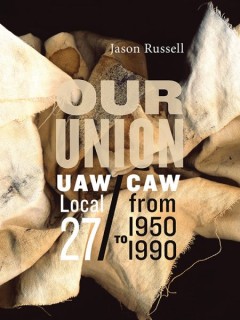
Our Union UAW/CAW Local 27 from 1950 to 199
In Our Union, Jason Russell argues that the union local, as an institution of working-class organization, was a key agent for the Canadian working class as it sought to create a new place for itself in the decades following World War II. Using UAW/CAW Local 27, a broad-based union in London, Ontario, as a case study, he offers a ground-level look at union membership, including some of the socia…
- Edition
- -
- ISBN/ISSN
- 978-1-926836-43-0
- Collation
- -
- Series Title
- Fabriks: Studies in the Working Class
- Call Number
- 336 pages
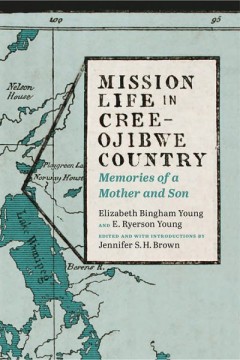
Mission Life in Cree-Ojibwe Country Memories of a Mother and Son
Accompanying Elizabeth’s memoir, and offering a counterpoint to it, are the reminiscences of her eldest son, “Eddie.” Born at Norway House in 1869 and nursed by a Cree woman from infancy, Eddie was immersed in local Cree and Ojibwe life, culture, and language, in many ways exemplifying the process of reverse acculturation often in evidence among the children of missionaries. Like those of…
- Edition
- -
- ISBN/ISSN
- 9781771990035.01
- Collation
- -
- Series Title
- Our Lives: Diary, Memoir, and Letters
- Call Number
- 336 pages
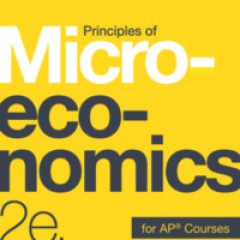
Principles of Microeconomics for AP® Courses
Economics is concerned with the well-being of all people, including those with jobs and those without jobs, as well as those with high incomes and those with low incomes. Economics acknowledges that production of useful goods and services can create problems of environmental pollution. It explores the question of how investing in education helps to develop workers’ skills. It probes questions…
- Edition
- 2nd Edition
- ISBN/ISSN
- 978-1-947172-45-6
- Collation
- -
- Series Title
- -
- Call Number
- 338 GRE p
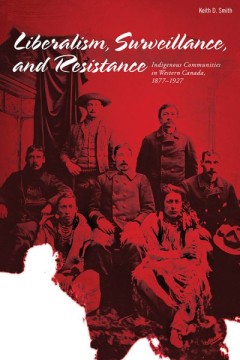
Liberalism, Surveillance, and Resistance Indigenous Communities in Western C…
Canada is regularly presented as a country where liberalism has ensured freedom and equality for all. Yet with the expansion of settlers into the First Nations territories that became southern Alberta and BC, liberalism proved to be an exclusionary rather than inclusionary force. Between 1877 and 1927, government officials, police officers, church representatives, ordinary settlers, and many ot…
- Edition
- -
- ISBN/ISSN
- 978-1-897425-39-8
- Collation
- -
- Series Title
- The West Unbound: Social and Cultural Studies
- Call Number
- 334 pages
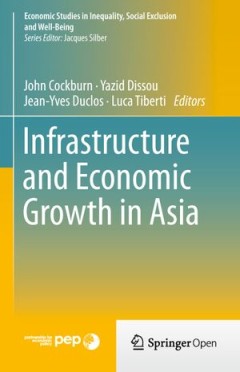
Infrastructure and Economic Growth in Asia
Public spending on infrastructure plays an important role in promoting economic growth and poverty alleviation. Empirical studies unequivocally show that under-investment in infrastructure limit economic growth. At the same time, numerous other studies have shown that investment in infrastructure can be a highly effective tool in fighting poverty reduction1. In that context, the financing of in…
- Edition
- -
- ISBN/ISSN
- 9783319031361
- Collation
- -
- Series Title
- Economic Studies in Inequality, Social Exclusion and Well-Being
- Call Number
- 330 COC i
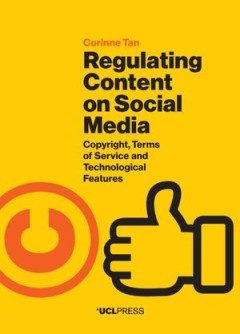
Regulating Content on Social Media
How are users influenced by social media platforms when they generate content, and does this influence affect users’ compliance with copyright laws? These are pressing questions in today’s internet age, and Regulating Content on Social Media answers them by analysing how the behaviours of social media users are regulated from a copyright perspective. Corinne Tan, an internet governance spec…
- Edition
- -
- ISBN/ISSN
- 9781787351714
- Collation
- -
- Series Title
- -
- Call Number
- 302.3 TAN r
 Computer Science, Information & General Works
Computer Science, Information & General Works  Philosophy & Psychology
Philosophy & Psychology  Religion
Religion  Social Sciences
Social Sciences  Language
Language  Pure Science
Pure Science  Applied Sciences
Applied Sciences  Art & Recreation
Art & Recreation  Literature
Literature  History & Geography
History & Geography